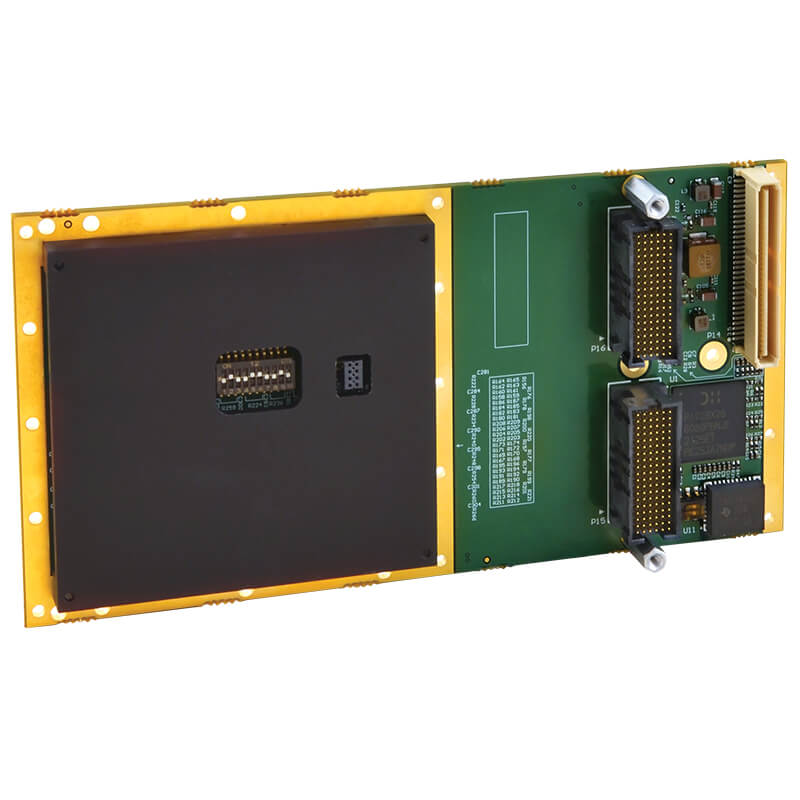Download the expert guide from Acromag Engineers to discover how conduction cooling effectively manages heat in high-performance computing systems.
Modern XMC Mezzanine Card (XMC) modules are designed to handle increasingly complex tasks far beyond basic I/O and communications. These modules now support high-performance applications like software-defined radio (SDR), digital signal processing (DSP), and FPGA-based computing with gigabit interfaces. This increased processing power in compact designs, however, poses significant challenges for thermal management. While standard and industrial-grade modules can handle a range of temperatures, advanced cooling methods are essential for many high-performance applications.
In Defence applications, where XMC modules are installed in mobile environments. Such as tanks and UAVs, managing heat is even more critical. Heat buildup in these systems can quickly lead to performance degradation or component failure. Conduction cooling, as standardised by the ANSI/VITA 20 Conduction-Cooled XMC (CCXMC) Specification, provides an efficient solution. Achieved by using thermal planes that connect components to conduction-cooled frames. Therefore, effectively protecting sensitive electronics from overheating.
Download the full guide. To learn more about how conduction cooling meets these challenges or contact Metromatics for local support in Australia and New Zealand.
